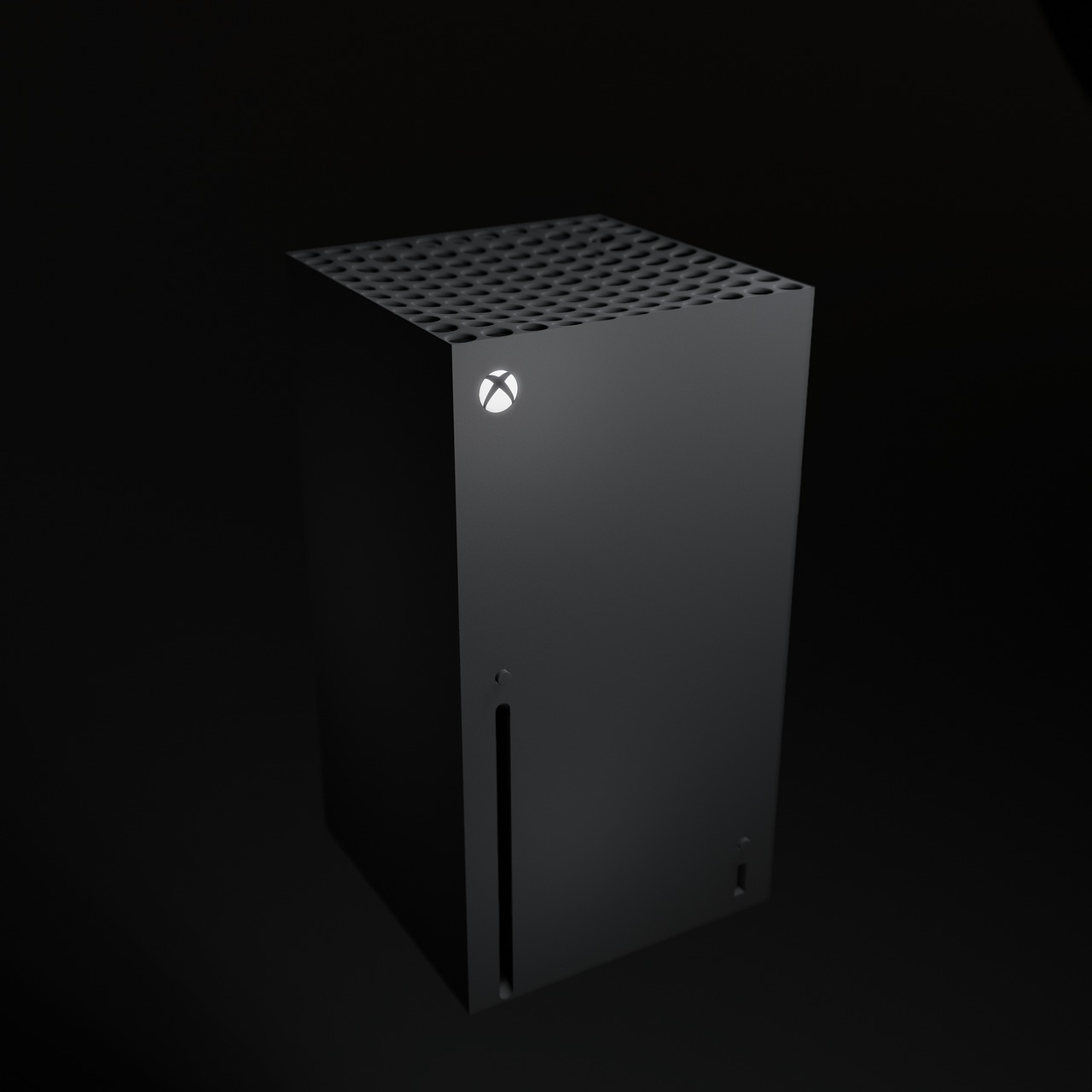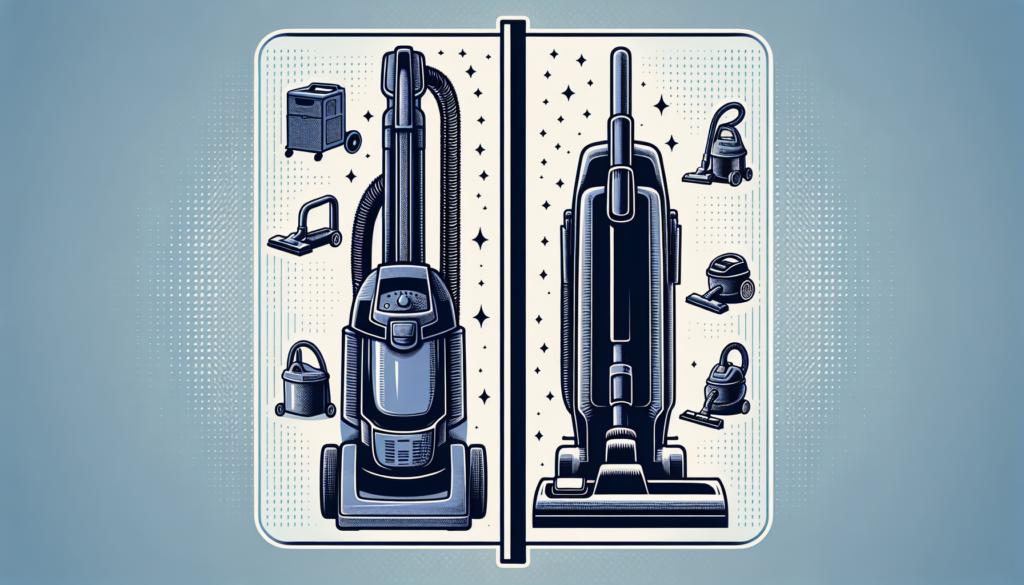Are you in the market for a new gaming laptop? Look no further than BuySellCloud.com, your ultimate destination for expert buying guides and trustworthy shopping advice. With comprehensive product insights and tips, you can make confident purchase decisions across various categories. Whether you’re a seasoned gamer or just starting out, our expert guidance will help you find the perfect gaming laptop to suit your needs. So, before you make any decisions, read this article to ensure you’re choosing the right gaming laptop for an enhanced gaming experience.

Choosing the Right Processor
When it comes to gaming laptops, choosing the right processor is crucial for ensuring smooth gameplay and overall performance. The CPU’s processing power is a key factor in determining how well your laptop can handle demanding games and intensive tasks.
One important consideration is the clock speed of the processor, which refers to the number of cycles it can complete per second. A higher clock speed generally translates to better performance, as the processor can process more instructions in a given amount of time.
Additionally, you should look for multi-core processors, as they offer better multitasking capabilities and can handle multiple tasks simultaneously. This is particularly important for gaming, as modern games often require a significant amount of processing power.
When comparing processors, you’ll often come across the choice between Intel and AMD. Both are reputable brands and offer a range of processors for different budgets and requirements. Intel processors are known for their strong single-core performance, while AMD processors typically offer better value for money and have higher numbers of cores.
Ultimately, the best processor for you will depend on your specific needs and budget. Consider the processing power, number of cores, and brand reputation when making your decision.
Selecting the Right Graphics Card
The graphics card, or GPU, is another crucial component that significantly impacts gaming performance. It is responsible for rendering all the visuals you see on your screen, and a powerful GPU can make a world of difference in terms of graphical fidelity and smoothness.
When choosing a gaming laptop, it’s important to understand the importance of the GPU. Look for a dedicated graphics card rather than relying on integrated graphics, as dedicated GPUs are specifically designed for intensive graphical tasks like gaming.
One important consideration when it comes to graphics cards is the VRAM capacity. VRAM, or video RAM, is a type of memory specifically used by the GPU. Having more VRAM allows the graphics card to store and access more graphical data, resulting in smoother gameplay and better visual quality.
Another important factor to consider is compatibility with the games you want to play. Different games have different graphics requirements, and it’s crucial to ensure that your chosen graphics card meets or exceeds the recommended specifications for your favorite games. Check the system requirements of the games you plan to play and choose a graphics card that can handle them with ease.

Screen Size and Resolution
The screen size and resolution of your gaming laptop play a significant role in your gaming experience. The screen size determines how immersive your gameplay feels, while the resolution and pixel density dictate the level of detail and clarity you can expect.
When determining the ideal screen size for your gaming needs, consider factors such as your personal preference, desk space, and portability requirements. Larger screens, such as 17 inches, provide a more immersive experience, but they can be bulky and less portable. Smaller screens, like 15 inches or even 13 inches, offer better portability but may sacrifice some viewing comfort.
In terms of resolution, aim for at least Full HD (1920×1080). This resolution offers a good balance between performance and visual quality. Higher resolutions, such as 4K, provide stunning visuals but may require more powerful hardware to achieve smooth performance.
Pixel density is also an important consideration, as it affects the clarity and sharpness of the visuals. Higher pixel density, measured in pixels per inch (PPI), results in crisper images. However, higher pixel density displays can be more demanding on your GPU, so make sure your hardware can handle it.
Finally, you’ll have to decide between a standard or high refresh rate display. Standard displays typically have a refresh rate of 60Hz, while high refresh rate displays offer 120Hz, 144Hz, or even 240Hz. A higher refresh rate provides smoother motion and reduces motion blur, which can greatly enhance your gaming experience, especially for fast-paced games.
RAM and Storage Options
Having adequate RAM (Random Access Memory) is essential for smooth gaming performance. RAM is responsible for temporarily storing the data that your CPU needs to access quickly. The more RAM you have, the more data can be stored, allowing for faster and smoother gameplay.
When choosing the suitable amount of RAM for gaming, 8GB is usually the minimum requirement for most games. However, to future-proof your gaming laptop and ensure optimal performance, it’s recommended to go for at least 16GB or even 32GB if your budget allows.
Storage capacity and type are also important considerations. Traditional hard disk drives (HDDs) offer more storage space at a lower cost, but they are slower compared to solid-state drives (SSDs). SSDs provide significantly faster load times and overall system responsiveness, making them ideal for gaming. Aim for a laptop with an SSD as your primary storage drive, and consider additional HDD storage if you need more space for games and files.

Battery Life and Portability
Battery life and portability are important factors to consider, especially if you plan on gaming on the go. Evaluating the laptop’s battery life can help you determine how long you can expect to play games without needing to plug in.
When it comes to portability, weight and size play a significant role. Consider how often you’ll be carrying your laptop and whether you need it to be lightweight and compact. If you prioritize portability, look for laptops in the ultrabook or thin-and-light category. These laptops are generally lighter and more portable, but they may sacrifice some performance compared to bulkier options.
On the other hand, if you prioritize power and performance over portability, you might consider a bulkier laptop with better cooling capabilities and more powerful hardware. These laptops often have larger batteries and additional features that can enhance your gaming experience.
Keyboard and Input Options
A comfortable and responsive keyboard is essential for an enjoyable gaming experience. Look for a laptop with a keyboard that has good key travel, meaning the keys have enough depth for comfortable and accurate typing. Additionally, consider keyboards with a good tactile feel, as these can enhance your gaming experience by providing better feedback and precision.
Backlighting is also worth considering, especially if you often game in low-light conditions. Look for laptops with customizable backlighting options that allow you to personalize the lighting to your preference.
Having a variety of ports for external devices is important, especially if you plan on connecting peripherals such as gaming mice, controllers, or external monitors. Check for USB ports, HDMI or DisplayPort outputs, and other necessary ports to ensure compatibility with your gaming setup.
Audio and Speakers
Good audio quality is often overlooked when it comes to gaming laptops, but it can greatly enhance your immersion in games. Evaluate the laptop’s audio quality by reading reviews or trying out the laptop in person if possible.
Consider the presence of dedicated audio components, such as high-quality DAC (Digital-to-Analog Converters) or headphone amplifiers. These components can provide better audio reproduction and improve the overall sound quality.
Powerful speakers are also important, especially if you prefer to game without headphones. Look for laptops with front-firing or side-firing speakers that deliver clear and immersive sound. Taking note of the speaker placement and the presence of additional audio features such as Dolby Atmos can help you make an informed decision.
Cooling and Heat Management
Effective cooling and heat management are crucial for gaming laptops to prevent overheating and ensure optimal performance. Check for laptops with effective cooling mechanisms, such as multiple cooling fans or heat pipes that help dissipate heat efficiently.
Laptops with multiple cooling fans often offer better cooling performance, as they can distribute and exhaust heat more effectively. Heat sinks or liquid cooling systems are also worth considering, as they can help dissipate heat from the CPU and GPU more efficiently.
Monitoring the laptop’s temperature during gameplay and reading reviews or recommendations from trusted sources can give you an idea of its cooling capabilities. Effective cooling not only improves gaming performance but also helps prolong the lifespan of your laptop.
Operating System and Software
Choosing the right operating system (OS) is mainly a matter of personal preference. The two most common options are Windows and Mac OS. Windows is widely regarded as the gaming OS of choice, as it offers a wide variety of games and software support. On the other hand, Mac OS has a smaller gaming library but is known for its stability and user-friendly interface.
Consider the availability of gaming software and drivers for your preferred OS. Windows often has more extensive software support and compatibility with games, while Mac OS may require more specific versions or modifications to run certain games.
Another consideration is the presence of bloatware and pre-installed software. Some laptops come with unnecessary and resource-consuming software that can impact performance. Look for laptops that offer a clean and minimal software installation or the option to remove or customize pre-installed software.
Budget and Overall Value
Setting a budget range is essential to narrow down your options when choosing a gaming laptop. Determine how much you’re willing to spend and find laptops within that price range.
When comparing prices for similar specifications, consider factors such as build quality, brand reputation, and customer support. Sometimes, paying a slightly higher price for a well-built laptop from a reputable brand can be worth it in the long run.
Additionally, consider the overall value and long-term usage of the laptop. Look for laptops that offer a good balance between price, performance, and features. It’s important to find a gaming laptop that meets your immediate gaming needs while still being able to handle future games and software updates.
In conclusion, choosing the right gaming laptop involves careful consideration of several factors. From the processor and graphics card to the screen size and resolution, each aspect plays a significant role in providing an immersive and enjoyable gaming experience. Don’t forget to consider factors such as RAM, storage options, battery life, and portability to ensure your gaming needs are met both at home and on the go. With the right combination of hardware and software, you can find a gaming laptop that offers great value for your budget and provides years of gaming enjoyment.




